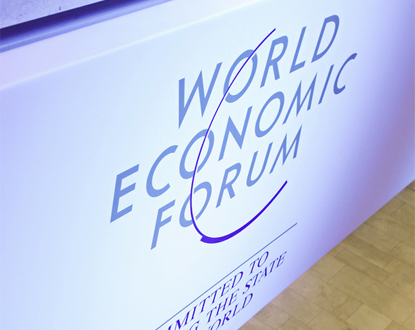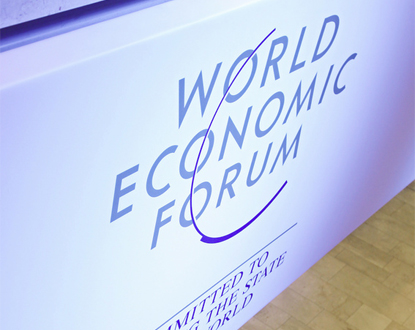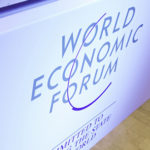Inequality was at the center of debates at the World Economic Forum in Davos, the global conference where the “ruling-elite community” (politicians and economists, business leaders and financiers, intellectuals, and others) meet once a year for a summit that has become “the” reference for analyzing the state of the world in terms of living conditions and development.
 At last year’s edition, for the first time there was talk about the links between inclusion policies and supporting growth.
At last year’s edition, for the first time there was talk about the links between inclusion policies and supporting growth.
However, during this last weekend, with a slowing global economy and a stagnant or even decreasing European economy, the issue of increasing inequalities became the central theme of the debate.
The OECD presented a study that shows the income or wealth of the top decile (the richest 10%) is equal to 9 times that of the bottom decile (the poorest 10%).
The effects are serious as all economists well know, beyond the divides that separate different “schools” and theories: if too large a portion of wealth is concentrated in few hands, it predominantly goes to accumulation; if, on the contrary, it is more equitably distributed, it increases consumption and, thereby, GDP.
Hence the critical importance of the problem!
So, we have posed a few questions to the most influential political and economic decision-makers in our territory, and we will publish their responses as soon as we receive them.
1 – In every country, inequality has increased. What are the reasons and policies that are the cause(s)?
2 – Besides being a problem of social justice and social cohesion, do you also see inequality as one of the main reasons for economic recession?
3 – In what way can governments counter it and reduce its negative effects?



